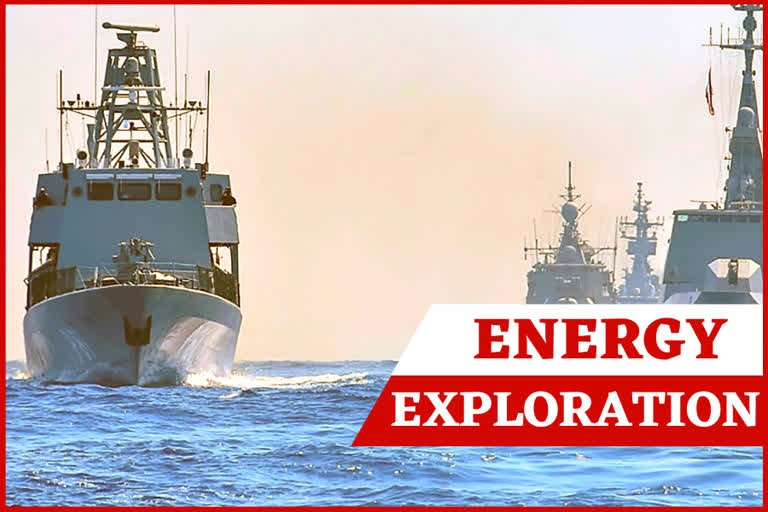Athens: Despite a denial from Greece, the chief of NATO said Friday that Greece and Turkey have started technical discussions aimed at reducing the risk of armed conflict or accidents amid military tensions between the allies over offshore energy resources in the eastern Mediterranean.
No agreement has been reached from the military-level talks, NATO Secretary-General Jens Stoltenberg said.
Greece's foreign minister, meanwhile, headed to New York to discuss the regional dispute centered around maritime boundaries and drilling rights.
Neighbors and NATO allies Greece and Turkey have been locked for weeks in a tense standoff in the eastern Mediterranean, where Turkey is prospecting the seabed for energy reserves in an area Greece claims as its own continental shelf.
Read also:Explained: Turkey-Greece dispute over Eastern Mediterranean
Ankara says it has every right to prospect there and accuses Greece of trying to grab an unfair share of maritime resources.
Stoltenberg announced Thursday that the two sides had agreed to start "technical talks" to reduce the risks of military "incidents and accidents."
But Athens quickly denied any such agreement, saying Turkey must first withdraw its ships from the area where it is carrying out gas and oil prospecting. Ankara said it backed Stoltenberg's initiative for military and technical talks and called on Greece to do the same.
On Friday, the NATO chief said Greek, Turkish and allied military officers had begun talks aimed at ensuring that some of the standoffs between the two countries' armed forces in the Mediterranean don't break out into open conflict. NATO officials said the first talks were held Thursday.
"As long as we have so many ships in the eastern Mediterranean, we believe that there is a need to have technical talks on how to develop enhanced mechanisms for deconfliction," Stoltenberg told reporters. "No agreement has been reached yet, but the talks have started."
While it's relatively rare for NATO to have to step in to reduce tensions between member nations, the military alliance has helped set up similar systems in the past, including communications hotlines for use in case of emergencies.
Stoltenberg underlined that the military-level talks are only aimed at avoiding any incident between Greece and Turkey and are very distinct from the diplomatic efforts to find a long-term solution to the standoff.
"These are technical talks rather than negotiations on the underlying dispute between Greece and Turkey and as such they are meant to complement, not replace, the efforts led by Germany for political mediation towards de-escalation," he said.
Since Turkey dispatched a vessel accompanied by warships to do exploratory research, Greece's armed forces have been placed on alert. Both countries sent warships to the area and carried out live-fire exercises between the islands of Crete and Cyprus and Turkey's southern coast.
Simulated dogfights between Greek and Turkish fighter pilots have multiplied over the Aegean Sea and the eastern Mediterranean. A Turkish and a Greek frigate collided last month, reportedly causing minor damage to the Turkish frigate but no injuries.
